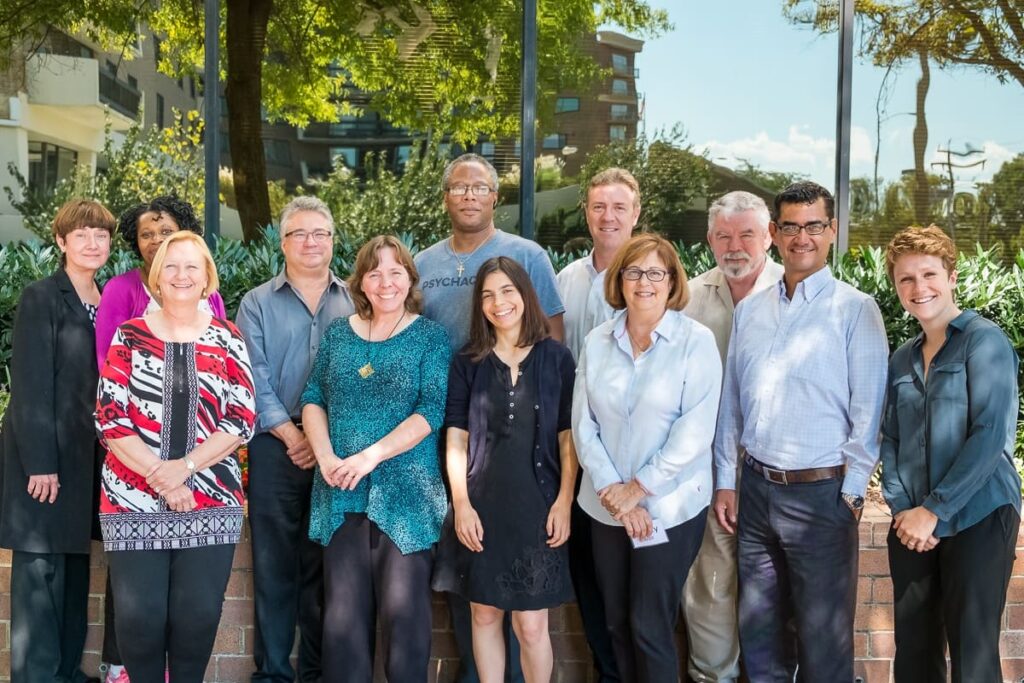
We all sat around the table, having met each other only moments before. There were 14 of us from states across the country, our backgrounds ranging from advocates to scientific researchers to founders of some of the most innovative peer programs and organizations in the country.We entered the think-tank knowing only brief biographies of one another, but with the confidence that the threads of our experience, tied by way of listening and engaging, would weave thought into meaningful action. NAMI convened this meeting to discuss how to optimize programs and engagement strategies to help more people and to implement innovative strategies that pave paths for individual opportunity and systems-change.
Many themes emerged within the think-tank; personal stories led to issues of health care systems and discussions of system issues led to personal stories. While the two go hand-in-hand, most of us could arguably agree that the space between can seem like an eternity.
We wanted to boil down broad conceptual strategies into operational goals that have effective outcomes at the local level. So on behalf of our communities and families, we began to deliberate and dissect both conceptual and operational processes, from integrated health care to issues of identity and language. We explored how these issues intersect with evidence-based practices and strategies that organizations can adopt or leverage to support a culture of health in their communities.
Our discussions reflected conversations that are all too familiar to families around the nation: what do we do when we, ourselves, or the people we love the most, are struggling? How do we help each other overcome adversity while embracing culture and identity? Our discussions pivoted around both the science and art of mental health, as providing the best treatment or service, to a person is effective only to the extent of how we acknowledge and infuse their culture, language and identity.
How can we, as a system, as professionals and as families, reframe the language we use to engage more effectively? A theme in our discussions emerged—that a paradigm shift in the language we use may be necessary. What would the outcome of support look like if we saw both the patient and the provider as both consuming and providing information—if people in all their roles and perspectives actively participated in the construction of support as a collective process?
While it was understood that each of us came from different systems, cultures and communities, patterns of consensus began to emerge around areas we felt were consistently put on the back-burner of mental health care. For example, all too often, person-first language, strength-based support, identity and peer support are undervalued support strategies that can make the difference between an individuals’ rock bottom or their turning point.
History is important, but making history from the foundation of our past is how we create true change. Since NAMI’s inception in 1979, the organization has been dedicated to the mission of preserving and perpetuating a culture of compassion and kindness. The power of its history is tied to the vision of simultaneously embracing and creating change in order to louden the voices of individuals and families’ needs. In the coming months, NAMI will continue to discuss this topic and share what they find with the public through a report and other initiatives.
At the very least, these conversations are taken back to share with other stakeholders, imbedded in strategic plans as priorities or brought into our everyday lives. Slowly but surely, thoughts turn into whispers, whispers turn into dialogue and dialogue turns into action.

